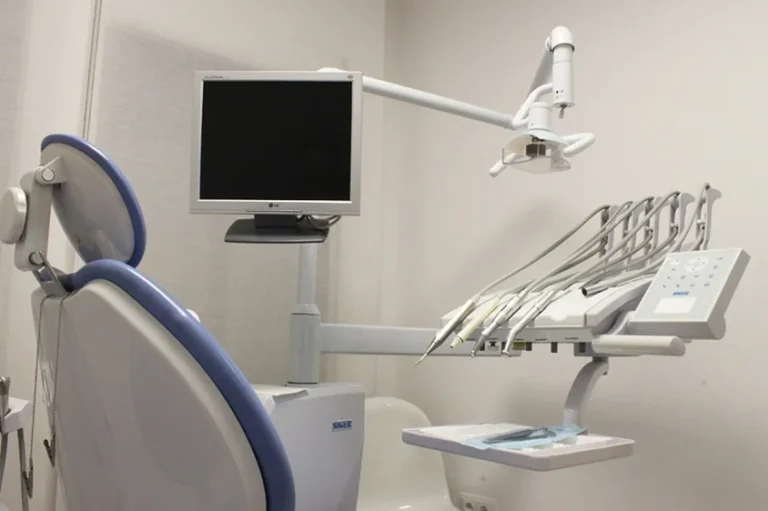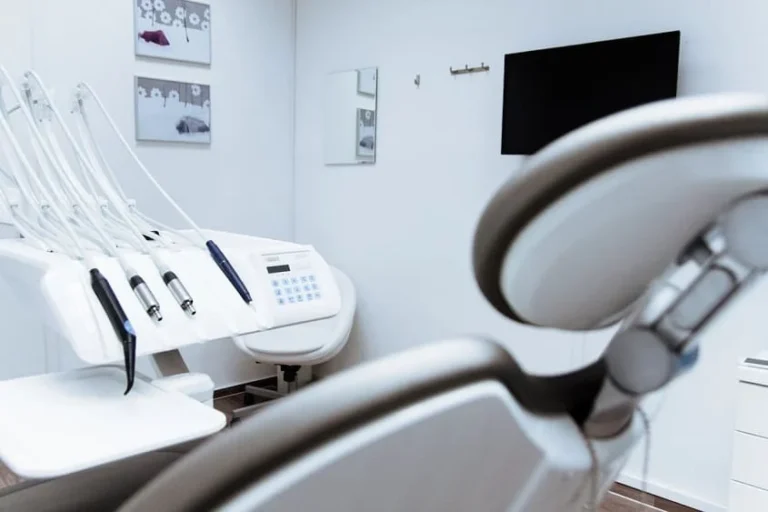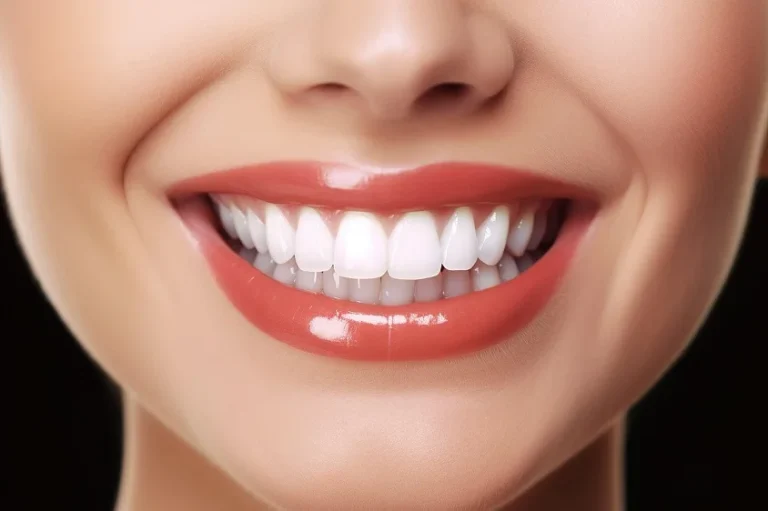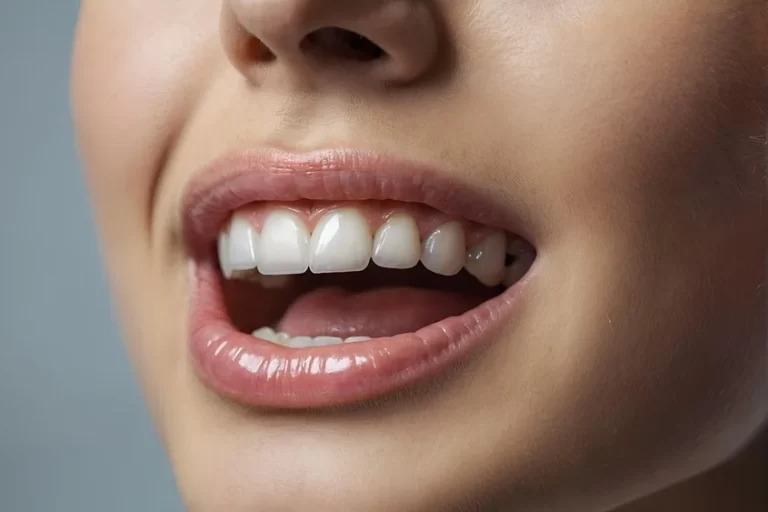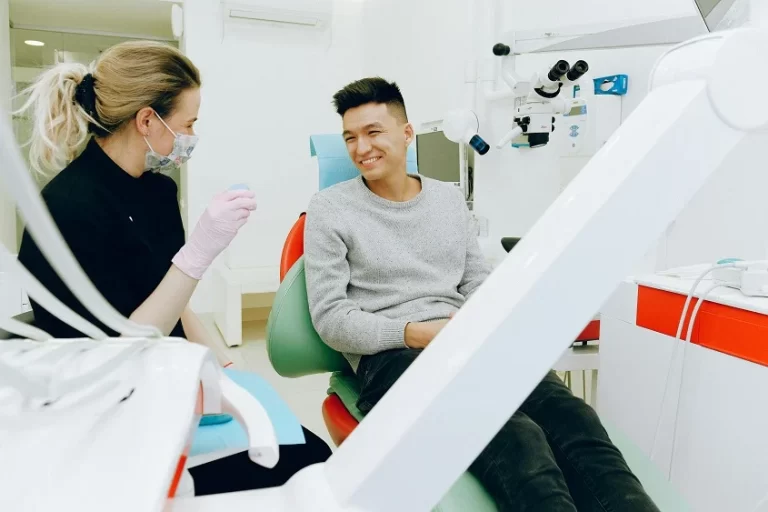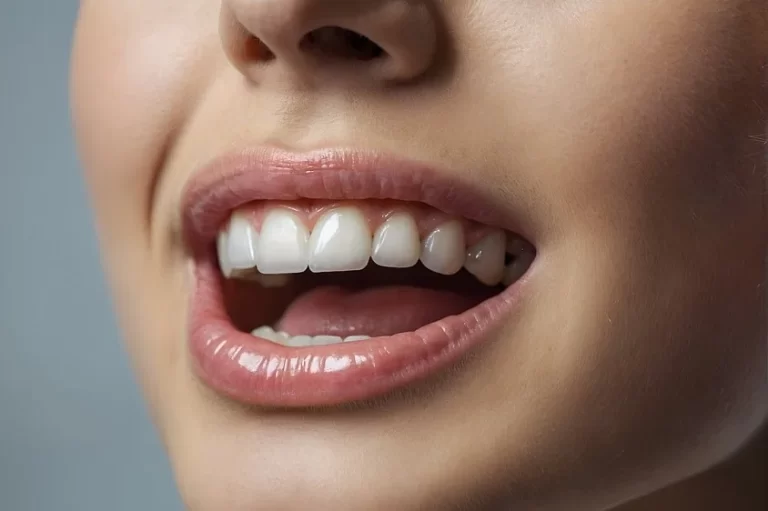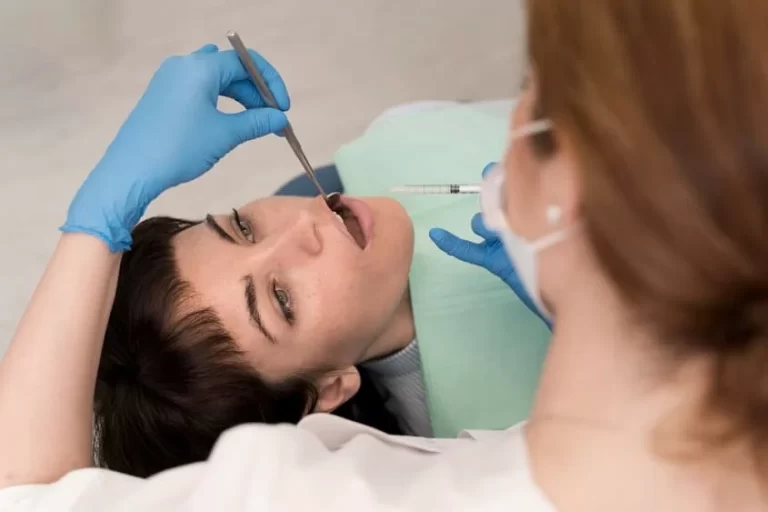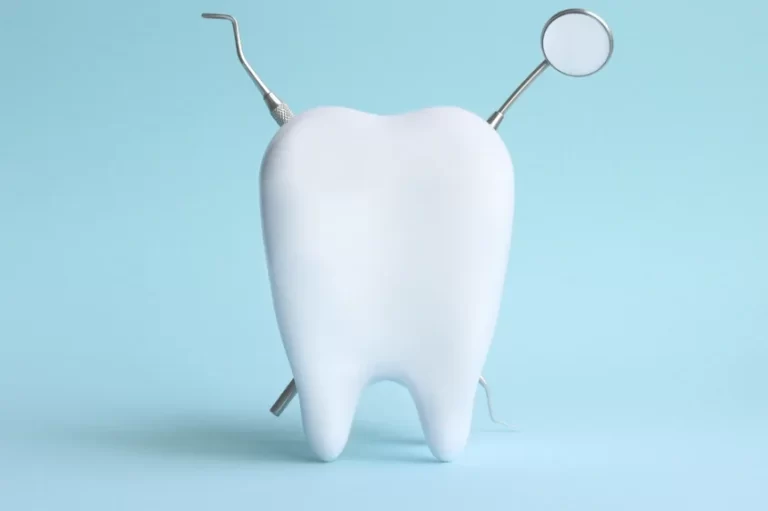Browsing: Dental Health

The page provides quick access to a list of common diseases, syndromes, health conditions, and other topics of health importance. The list is organized alphabetically. Links are provided to respective diseases sections that serve as a comprehensive and ultimate guide about the disease or health condition.
Effective and proper dental care of the mouth and teeth is highly important to a person’s general health and overall appearance. According to WHO, oral health is a state of being free from mouth and facial pain, oral and throat cancer, oral infection and sores, periodontal (gum) disease, tooth decay, tooth loss, and other diseases and disorders that limit an individual’s capacity in biting, chewing, smiling, speaking, and psychosocial wellbeing.
Untreated oral diseases or dental diseases can lead to gum problems, dental cavities, tooth loss, and many digestion-related issues. Scientists and dentists also believe that there could be a connection between certain dental problems or dental conditions and low birth weight, stroke, heart diseases, premature births, diabetes and certain other diseases. Primarily dental diseases are categorized into three types – formation of tooth decay, gum diseases, and oral cancers.
The most common oral diseases and conditions are dental cavities, periodontal (gum) disease, oral cancer, trauma from injuries, oral infectious diseases, gum infection, swollen gums, gum pain, and hereditary lesions. Dental cavities and periodontal disease are major causes of tooth loss.
Orthodontic Tips for Busy Families in Denham Springs: Making Braces Work with Your Schedule
Balancing work, school, and activities can make it difficult for families in Denham Springs to keep up with orthodontic care.…
Your teeth are easier to brush and floss when they’re lined up properly, which reduces cavities, gum disease and other…
Veneers are more than just a cosmetic dental treatment; they’re a solution to a variety of dental concerns. These custom-crafted…
Tartar buildup is a common dental concern that can lead to serious oral health issues if these are left untreated.…
Oral health plays a big role in overall well-being. Healthy teeth and gums help with eating, speaking, and confidence. When…
Why Are Clear Aligners the First Choice of Teeth Straightening in Adults
Introduction Over the years, aligners or invisible teeth braces have become popular for teeth straightening and alignment in adults. But…
For many, even the thought of a visit to the dentist can spark anxiety. The whirr of a drill, discomfort…
Achieving Aesthetic Excellence and Functionality With Full-Mouth Dental Solutions
Key Takeaways Full-mouth dental solutions combine aesthetic appeal with functional improvement for comprehensive oral health. Various procedures, such as implants…
Wisdom tooth extraction is one of the most common dental procedures performed worldwide. While some people’s wisdom teeth grow in…
It is an experience that you don’t want to have, and yet, very few people are aware of the symptoms,…




